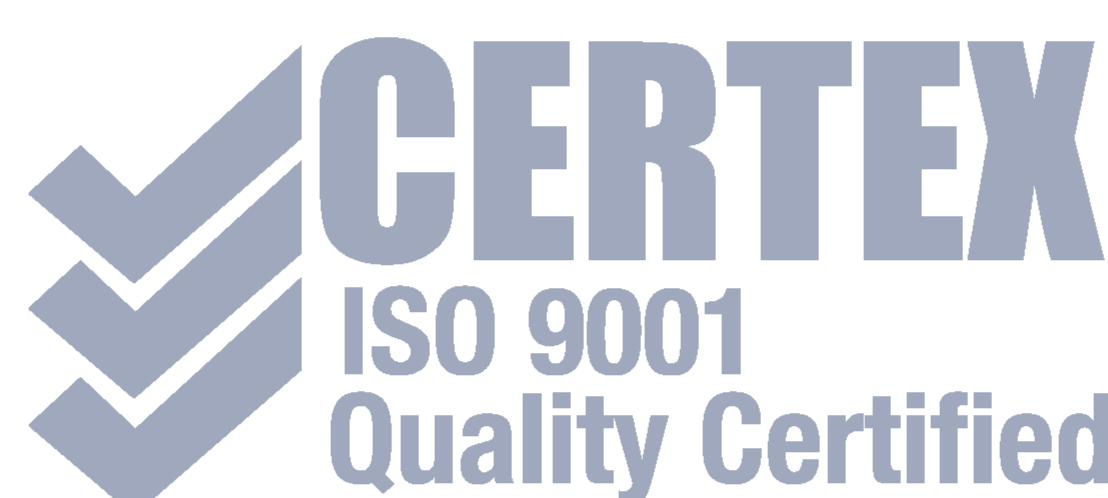How to become a Practice Manager

Whether you’re a Medical Admin professional, such as a Medical Receptionist, looking to enhance your career or simply someone wanting to step into the healthcare industry, CMR’s Lead Consultant Ami is here to arm you with the confidence to take your career in health to the next level. She spoke to Jo, who made the transition from a Medical Receptionist to a Practice Manager and asked her how she did it.
What is the job outlook for Practice Mangers?
The healthcare industry is growing at a rapid pace and shows no signs of slowing down, in fact, Ami expressed the demand for practice manages is “at an all time high”.
“Practice Managers are in need; clients are no longer focusing solely on previous practice managerial experience when searching for suitable candidates. Rather, they are looking for candidates with key transferable skills such as industry or software knowledge, that they can train to be successful Practice Managers”.
What is the role of a Practice Manager?
A Practice Manager is one of the most critical and highly valued members of the team in any practice. They are responsible for their staff, practicing medical professionals and their patients. While no two days are the same, key duties undertaken by Practice Managers include: implementing policies and procedures; staffing and scheduling; human resources; managing staff; onboarding; privacy and security management and financial responsibilities.
“As a Practice Manager I still do some reception work whenever the team needs support, but my main responsibilities are ensuring the practice runs smoothly by having the finances in order and being the go-to person for any issues that arise whether that be staff or patients.” Jo said.
What are the benefits of being a Practice Manager?
Practice Manger is an exciting role, that comes with a lot of responsibility and plenty of career rewards. Higher salary, greater responsibility, career progression and growth are the main benefits, according to Ami and Jo.
“The pay is better and the hours are more consistent. You get to be involved in the decision-making process and help the staff out on a day-to-day basis.” Jo said.

What are the key skills needed to become a successful Practice Manager?
As the Practice Manager, you are the main line of communication for the practice, both internally and externally. As such, a successful Practice Manager needs to posses a variety of skills from administration and financing to problem solving and decision making, Strong interpersonal skills and the ability to lead a team. Also having knowledge of the healthcare industry is a plus.
“A good manager must have a broad range of communication styles, have good attention to detail, be a strong organiser, fast problem solver and have the ability to lead with authority and empathy.” Ami Said.
What qualifications do you need to have?
Industry experience is highly favored, however whilst not essential, qualifications such as a Cert III in Business Admin (Medical), a Cert IIII in Health Admin or a Diploma in Practice Management are definitely advantageous.
“Before I became a Practice Manager I had been a Medical Receptionist for several years which gave me invaluable first hand experience. So whilst I didn’t do any formal training as such, when the position of Practice Manager opened up I was able to transfer more skills. Whilst formal training is by no means required it is still beneficial and looked upon highly by employers.” Jo said.
How can Cornerstone help?
We have an in-depth knowledge of the healthcare industry, our relationships with our clients gives us access to up to date information on current market trends, putting our candidates ahead of the game.
For more information on how you can become a Practice Manager, reach out to Ami from the Medical Admin team today on 1300 267 300.
You might also like…
Navigating Locum Life: A Family Adventure
“CMR provides so much flexibility… It just works so well for our family,”
Read moreSupporting Our Growing Community
Here at CMR, we love creating happy communities, and our team is at the heart of everything we do. That’s why we’re delighted to share some exciting news about the growth that’s been quietly unfolding behind the scenes at Cornerstone Medical Recruitment!
Read moreMeet Your Candidate Care Team
Meet our Candidate Care Coordinators for the team! They support you and the consultants from pre to post placement.
Read more




